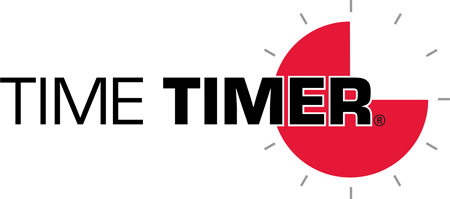By Eva C. Phillips, Ed.D.
As research supports, young children learn best through engaging experiences that are active, interactive, connected to their real world and fun. Now more than ever it is important for young children to understand the importance of washing their hands to slow the spread of germs. Although early childhood teachers have always had routines and processes in place to help children remember to wash their hands, in today’s world, it is also important that they learn proper handwashing techniques. The Centers for Disease Control and Prevention has provided guidelines for protecting oneself and others, with handwashing as one of the top 3 recommendations.
In classrooms for young children, the spread of germs happens easily. Young children naturally put their hands on their faces and in their mouths. They wipe their noses and then share toys with others. They cough or sneeze without remembering to cover their mouths. Teachers and children are not able to totally avoid germs, but it is possible to reduce the spread of germs to others. Early childhood teachers are key in supporting children’s development of lifelong hygiene practices as well as helping children understand how as a community, we are responsible for helping others to stay safe and healthy, too.
This Activity Guide will provide educators and families with some simple and engaging strategies for introducing young children to the topic of germs and proper handwashing techniques utilizing an innovative product, the Time Timer WASH.
When washing hands, it is important to remember this recommendation from the CDC: “Wash your hands often with soap and water for at least 20 seconds especially after you have been in a public place, or after blowing your nose, coughing, or sneezing.”
Introducing young children to the topic of germs and their spread as well as how to slow the spread of germs is critical. Children will need to have a good understanding of what germs are. There are numerous ways to teach children about these concepts and this guide provides several ideas that can be easily adapted for the needs of young children from a range of ages within a variety of settings. These are simple, yet powerful (and fun) experiences.
About Eva C. Phillips, Ed. D.
Dr. Eva Phillips earned her bachelor’s degree in Early Childhood Education from Appalachian State University, her master’s degree from East Carolina University in Elementary Education and her doctorate in Curriculum and Instruction from the University of North Carolina at Chapel Hill. Eva is an early learning consultant with over 30 years working with and supporting those that work with young children. Her professional career includes serving as a kindergarten teacher leader, a Title I Pre-K and Kindergarten education consultant in the Office of Early Learning at the NC Department of Public Instruction, an adjunct instructor with UNC-Greensboro
School of Education, an assistant professor and program coordinator for the Birth through Kindergarten Education Program at Winston-Salem State University and the program manager for Early Learning and Ready Schools for the Winston-Salem/Forsyth County Schools.
She has collaborated on projects supporting developmentally effective practices including North Carolina Foundations for Early Learning and Development, The NC Guide for the Early Years, the NC K-3 Formative Assessment Process including the NC Kindergarten Entry Assessment and the Power of K state position paper on high quality kindergarten programs. Dr. Phillips was a co-creator and co-facilitator of The NC Power of K Teacher Leader Initiative while at the NC Department
of Public Instruction. She co-authored the National Association for the Education of Young Children’s (NAEYC) book entitled Basics of Developmentally Appropriate Practice: An Introduction for Teachers of Kindergartners. She also served as president of the NC Association for the Education of Young Children from 2009-2013 and currently remains active in the work of the association.
In 2017, she began an early learning consulting business, Eva C Phillips Consulting, LLC which supports teachers, schools, and school districts. Through a joint venture, Good Things for Young Children™, she leads summer institutes and professional development across the state for PreK and Kindergarten teachers. Since 2020, she has also developed and facilitated virtual sessions for groups of early learning educators in which they discuss what they know about young children’s development and learning and plan ways to adapt key practices related to building relationships and providing play-based opportunities for children in the context of in-person and virtual learning experiences.
Learn More about the Time Timer WASH - visual handwashing timers



